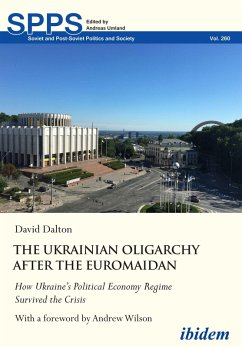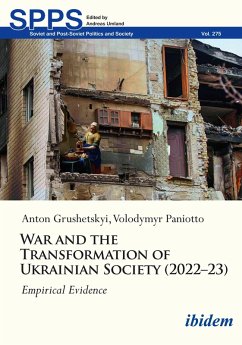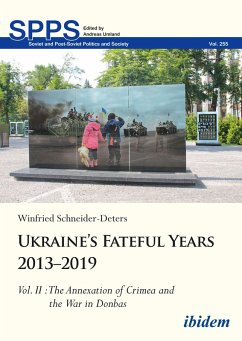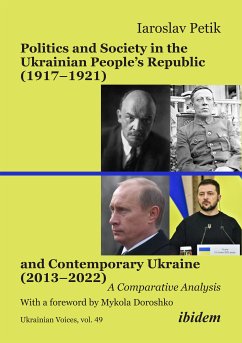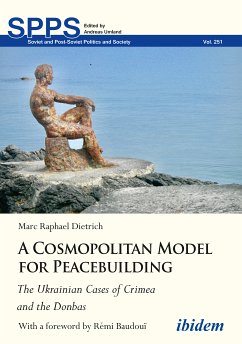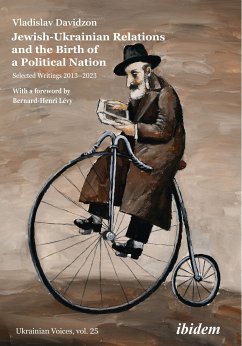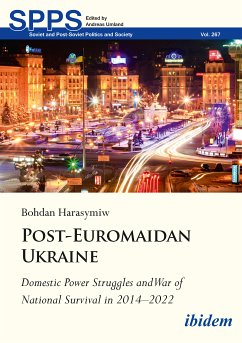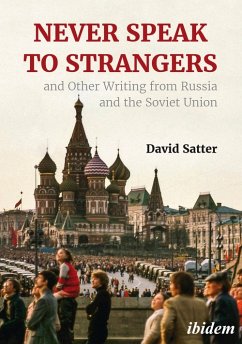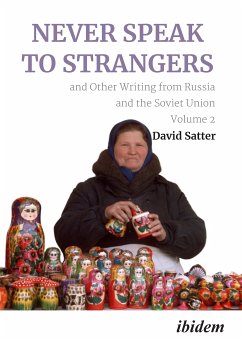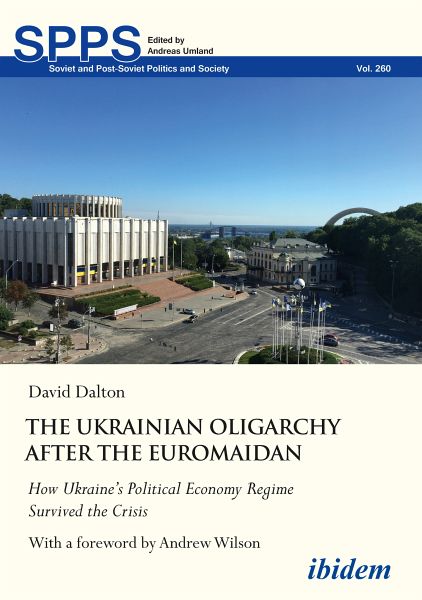
The Ukrainian Oligarchy After the Euromaidan (eBook, PDF)
How Ukraine's Political Economy Regime Survived the Crisis

PAYBACK Punkte
0 °P sammeln!
How did the Ukrainian oligarchy survive the institutional disruption of the Euromaidan revolt of 2013/2014? How did it manage to continue its extractive political and economic practices, amid deep changes in Ukraine's society and polity? To answer these questions, this book analyzes the evolution of the Ukrainian super-rich in 2006-2017, tracing the process of conversion of wealth into political influence through vote-buying in the Verkhovna Rada (the Ukrainian parliament) and of the transformation of political influence back into wealth via elite rent-extraction schemes within the Ukrainian g...
How did the Ukrainian oligarchy survive the institutional disruption of the Euromaidan revolt of 2013/2014? How did it manage to continue its extractive political and economic practices, amid deep changes in Ukraine's society and polity? To answer these questions, this book analyzes the evolution of the Ukrainian super-rich in 2006-2017, tracing the process of conversion of wealth into political influence through vote-buying in the Verkhovna Rada (the Ukrainian parliament) and of the transformation of political influence back into wealth via elite rent-extraction schemes within the Ukrainian gas sector. A key argument is that continuity in informal practices between the Yanukovych and Poroshenko presidencies, and of the networks that conduct them, meant a prolongation of the dominant political economy regime. The study conceptualizes the processes of the recreation of Ukrainian oligarchy as a "currency flow," or circuit, of wealth and power. It adds to the literature on the dynamics of informally dominated post-communist political economy regimes a detailed, integrated, and internally comparative case study of Ukraine. "This book is ambitious in its scope ... a thoroughgoing empirical study of one of the defining features of politics in Ukraine." -Dr Sarah Whitmore, Senior Lecturer in Politics, Oxford Brookes University "A successful attempt to combine usage of theories of oligarchy and national prosperity." -Dr Rasmus Nilsson, Lecturer in Russian Politics, SSEES, University College London
Dieser Download kann aus rechtlichen Gründen nur mit Rechnungsadresse in A, B, BG, CY, CZ, D, DK, EW, E, FIN, F, GR, HR, H, IRL, I, LT, L, LR, M, NL, PL, P, R, S, SLO, SK ausgeliefert werden.




